Health

Healthy people are more likely to participate in the economy and therefore contribute to the development of their country. We want to help develop an efficient and sustainable health system which ensures quality health care for all.
What we do
Access to primary health care for the poorest
Health and sexual and reproductive rights
Financing health care services
Assisting health ministries
We assist health ministries in developing a network of functional health entities and we support them in their role as organ that sets the standards, controls the quality and finances the healthcare services.
Developing staff competences
We work to ensure the ongoing training and specialisation of health executives, including hospital management, decentralisation of surgical skills, etc.
Related content
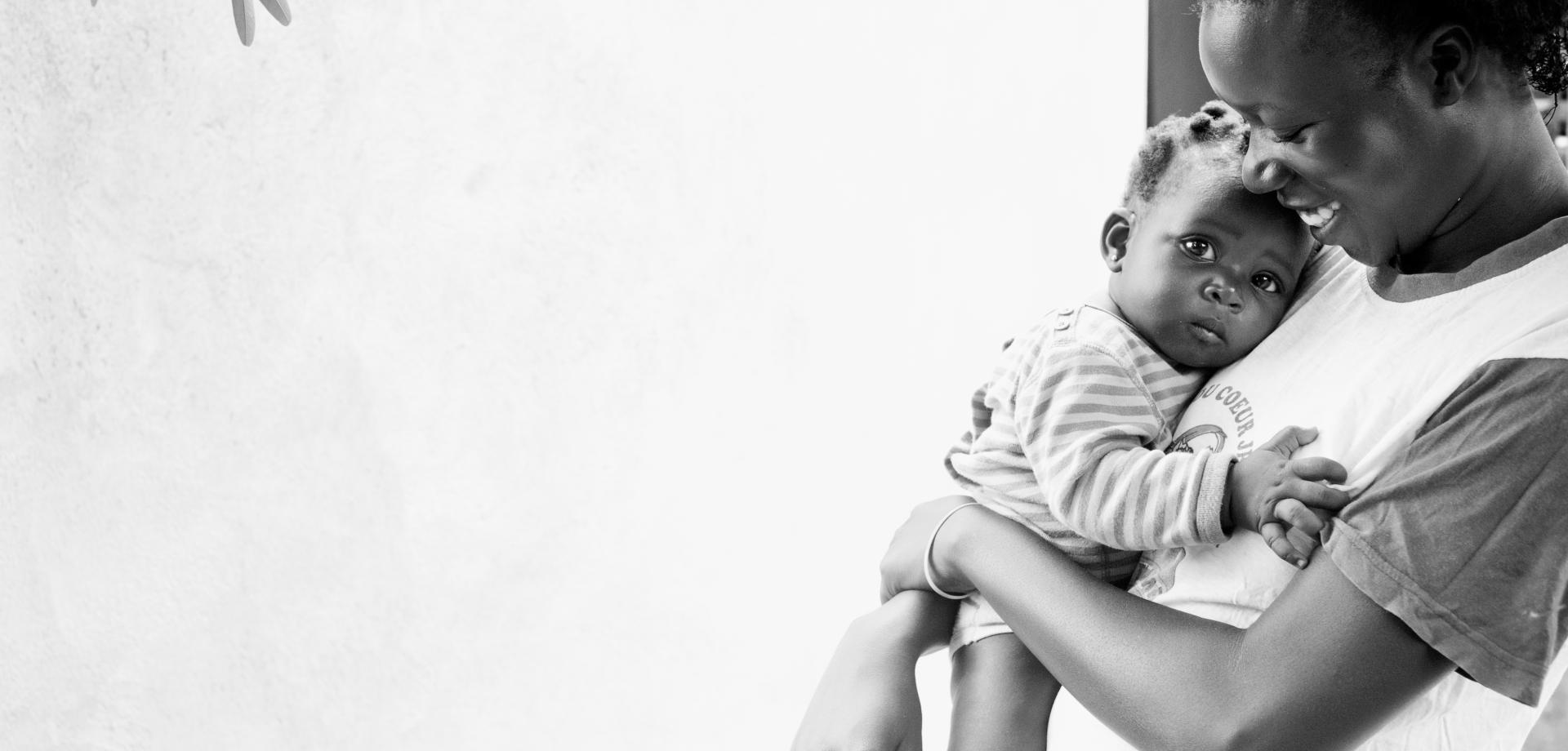
It is estimated that globally 200 million girls and women have undergone FGM. In Burkina Faso the majority of women have been cut. Together with communities and the government of Burkina Faso, Enabel works to put an end to this practice.
Ending FGM in Burkina Faso
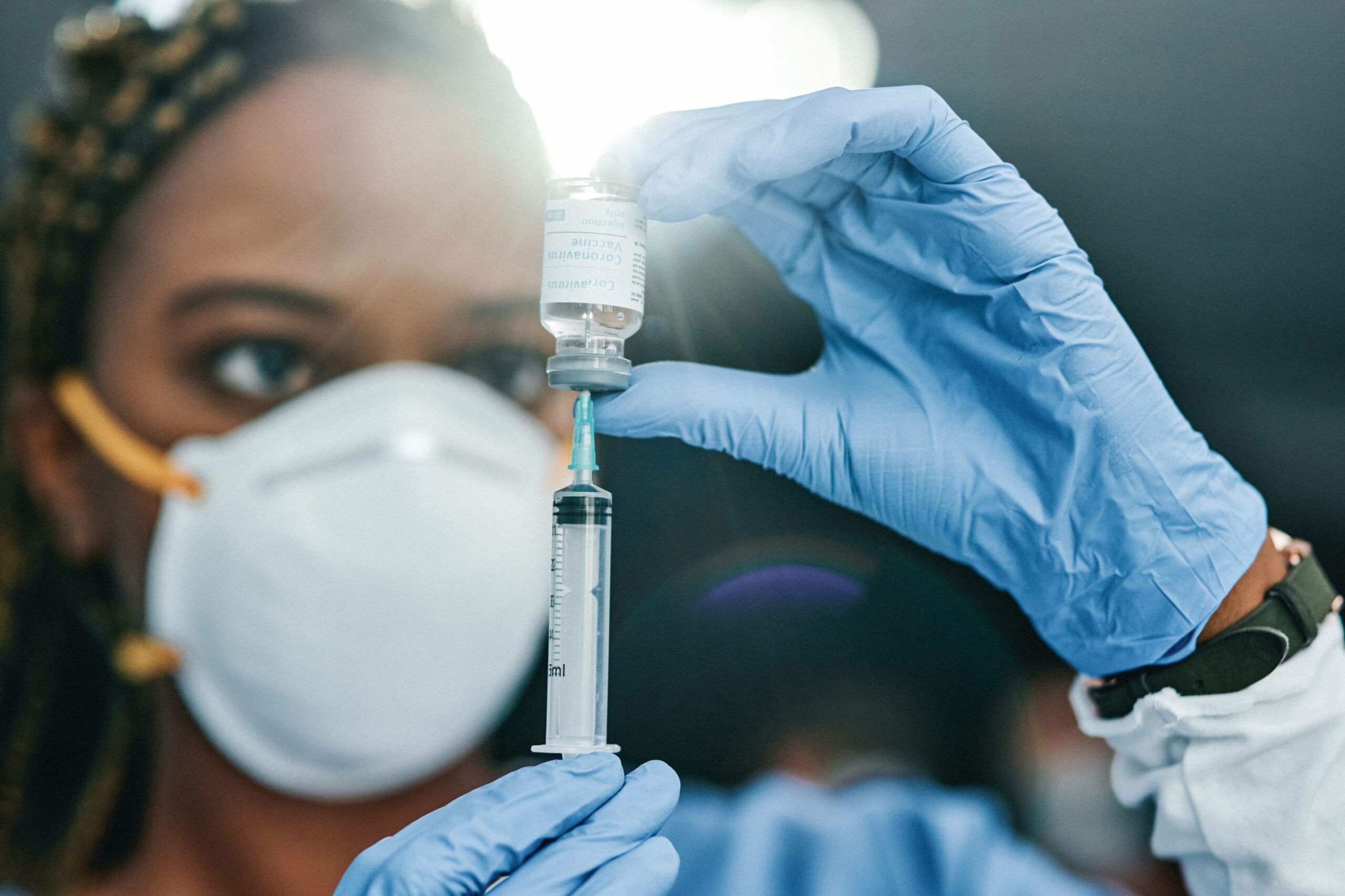
As part of a Team Europe initiative, Enabel is working in a consortium of three development agencies to support the African Union achieve its goal to upgrade African vaccine production to 60% of needed vaccines in Africa by 2040.
Belgium takes a key role in European initiative to boost African Vaccine Manufacturing
News & Events
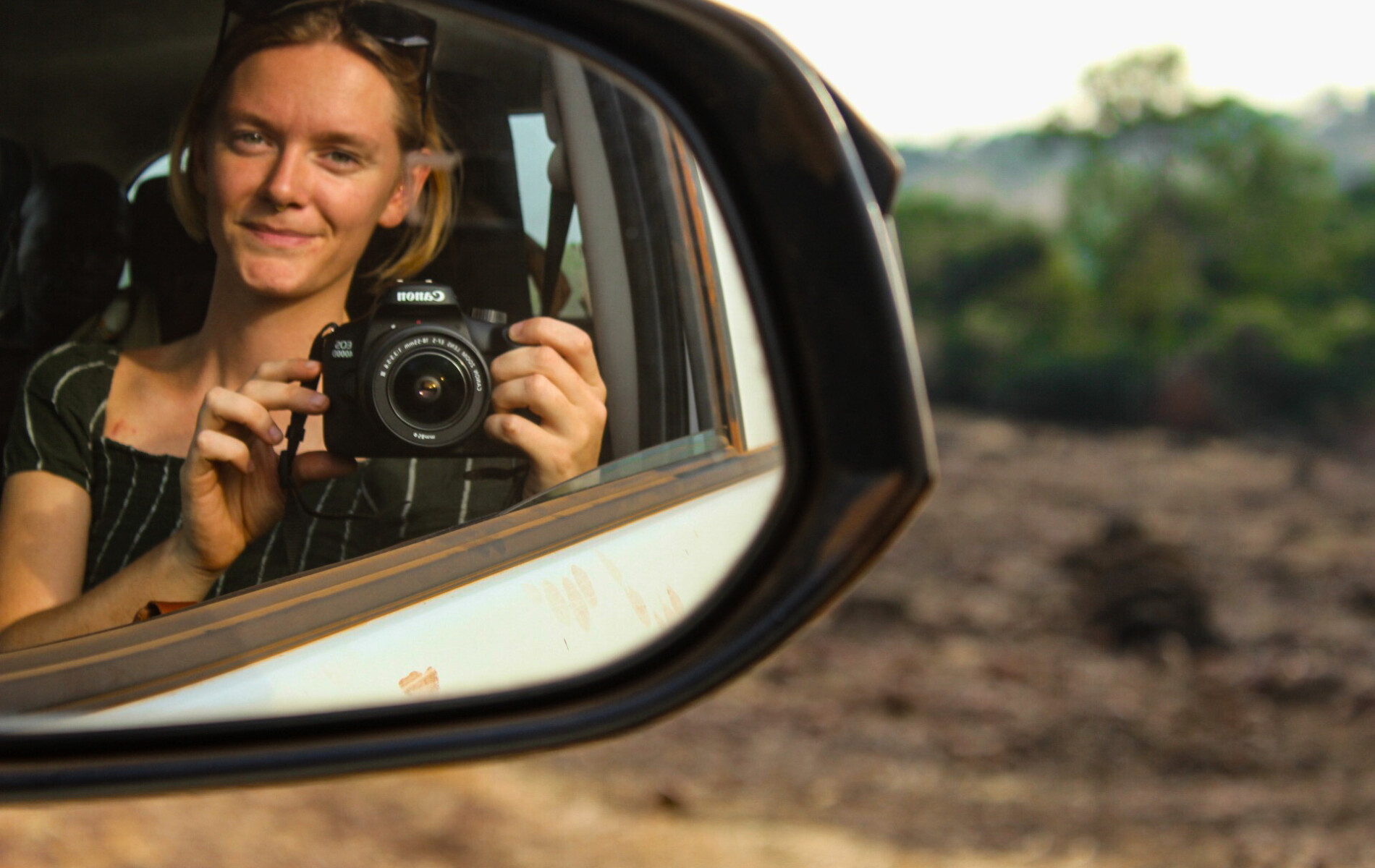 News
News
19 February 2026
“Choosing the Junior Programme means choosing the unknown”
Apolline is working for Trias in Kindia, Guinea, as a Junior Expert in Communication: “it’s not your CV that matter most, but your ability to listen.”
Read more
19 February 2026
PURE Rural Mozambique Climate Project
Enabel, together with FUNAE, Mozambique’s Fund for Energy, has been developing a funding proposal for the Green Climate Fund which is expected to be submitted to the GCF Board for consideration
Read more
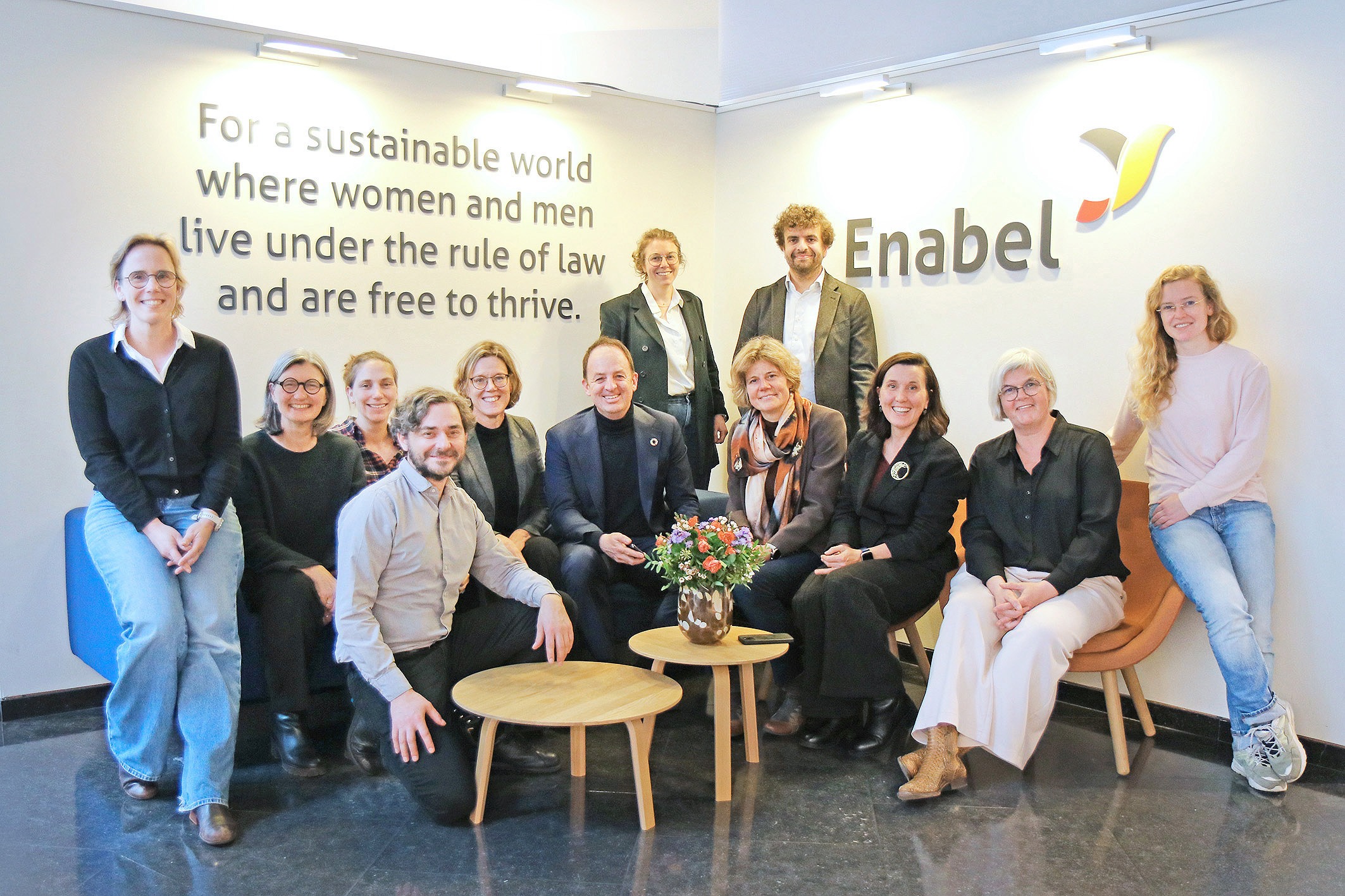 News
News
16 February 2026
Enabel and VITO strengthen their collaboration to accelerate sustainable solutions in Africa and beyond
Enabel and VITO expand partnership to drive climate action, renewable energy and sustainable innovation in Africa.
Read more
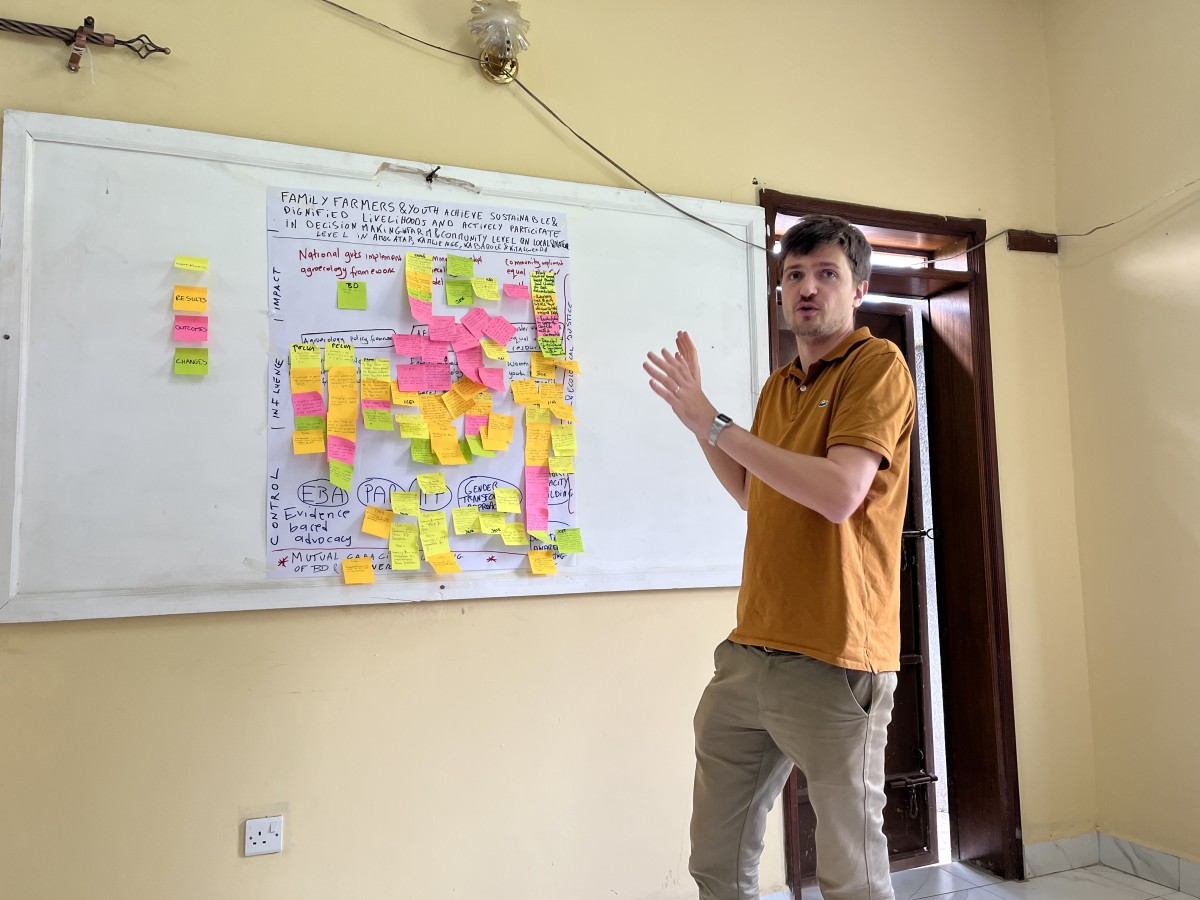 News
News
12 February 2026
“Small-scale farmers worldwide struggle to make a dignified living from their work”
From Junior Expert to Country Representative in Uganda for Broederlijk Delen. Bram went to work in Uganda in 2017, 9 years later he’s still living there.
Read more
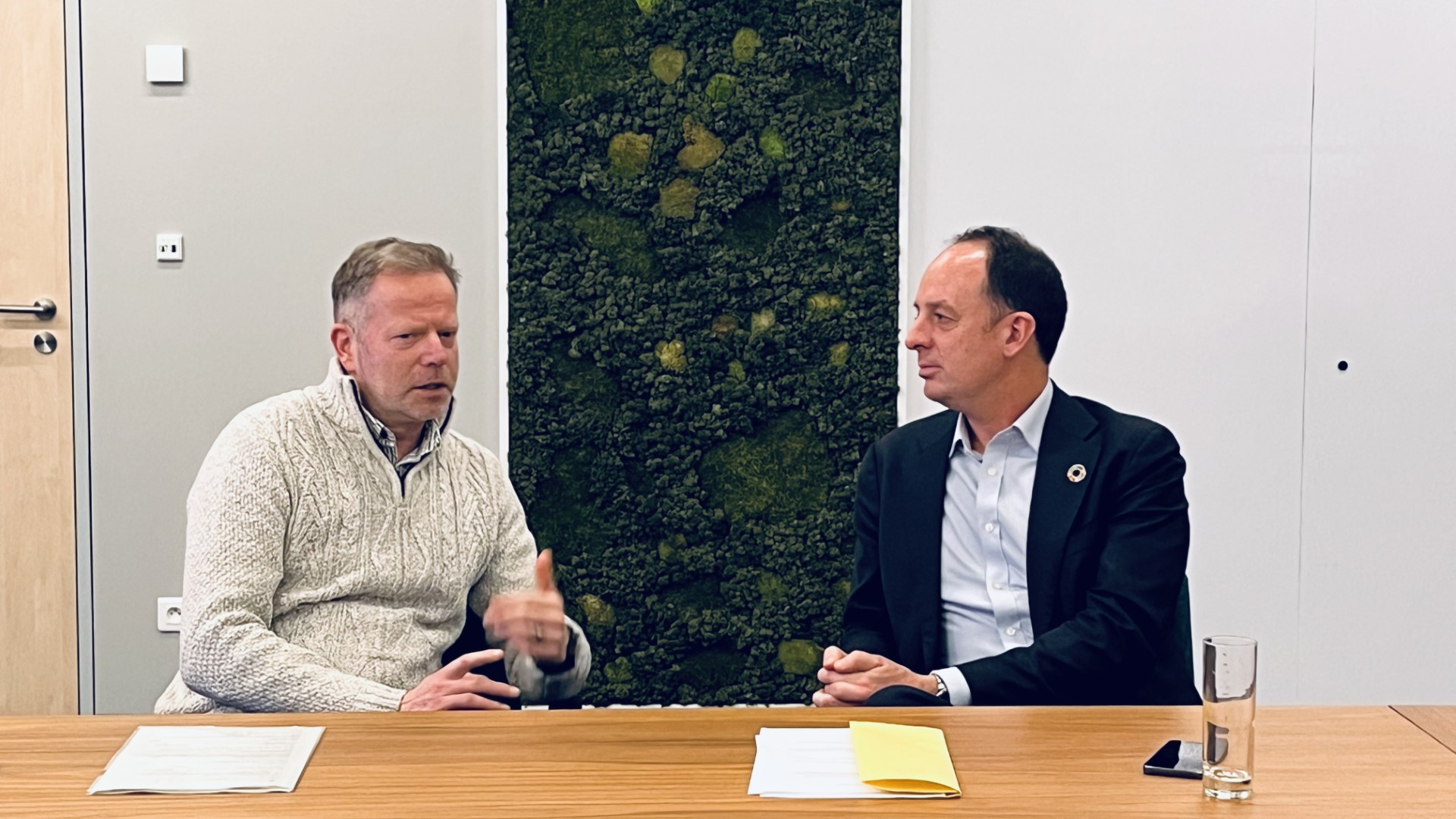 News
News
06 February 2026
Colruyt Group Foundation and Enabel launch Youth Incubator
Colruyt Group Foundation and Enabel launch Youth Incubator, a public-private programme empowering young people in international cooperation.
Read more
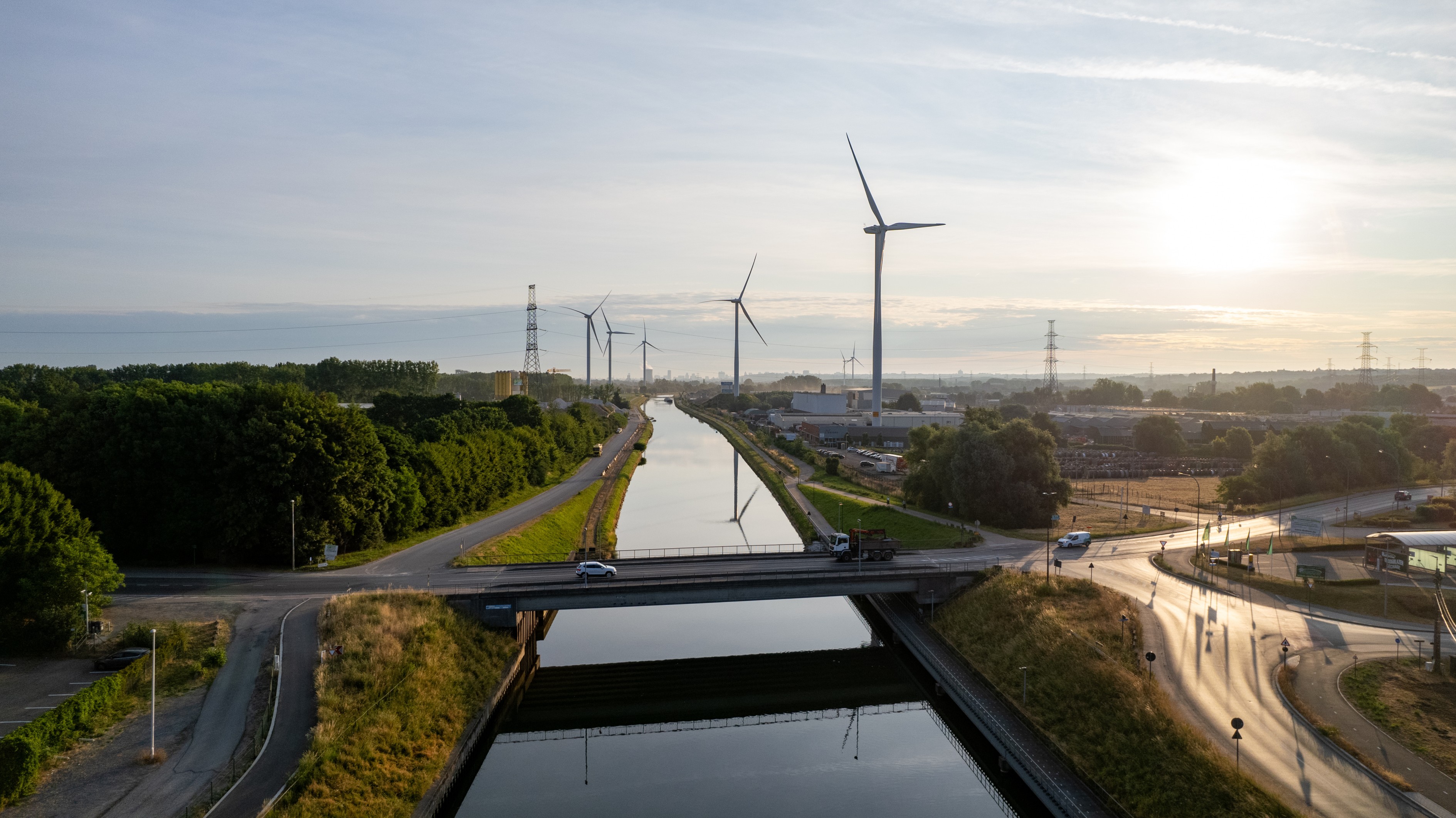 News
News
02 February 2026
Belgium hosts energy study tour for delegations from Moldova, Ukraine and Palestine
Belgium hosts an Enabel-led energy study tour for Moldova, Ukraine and Palestine, showcasing expertise in energy efficiency, grids and battery storage.
Read more
